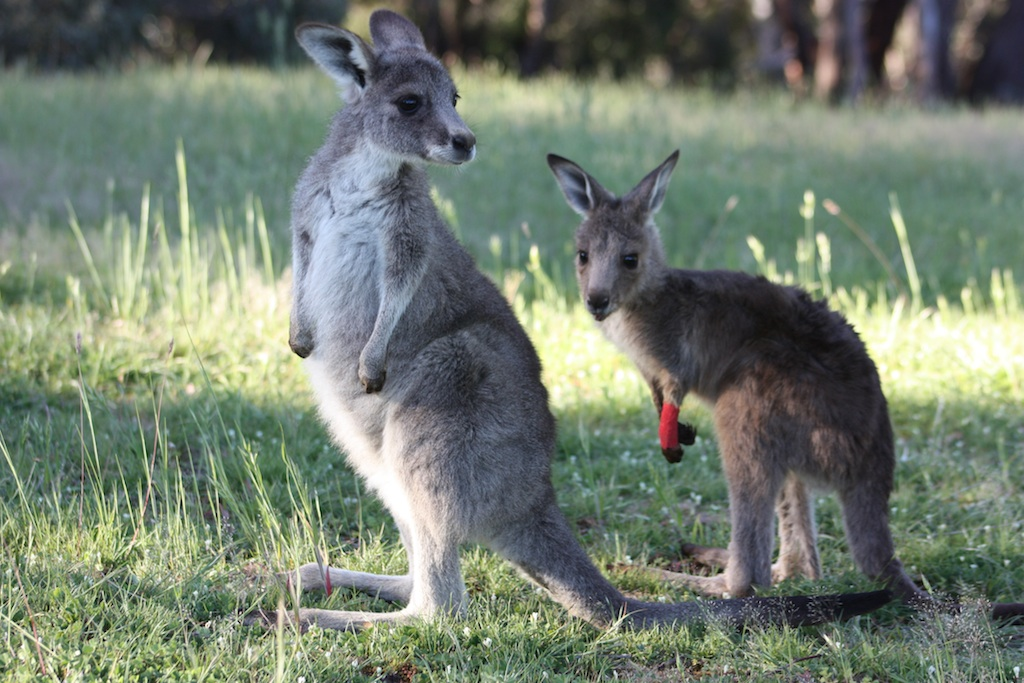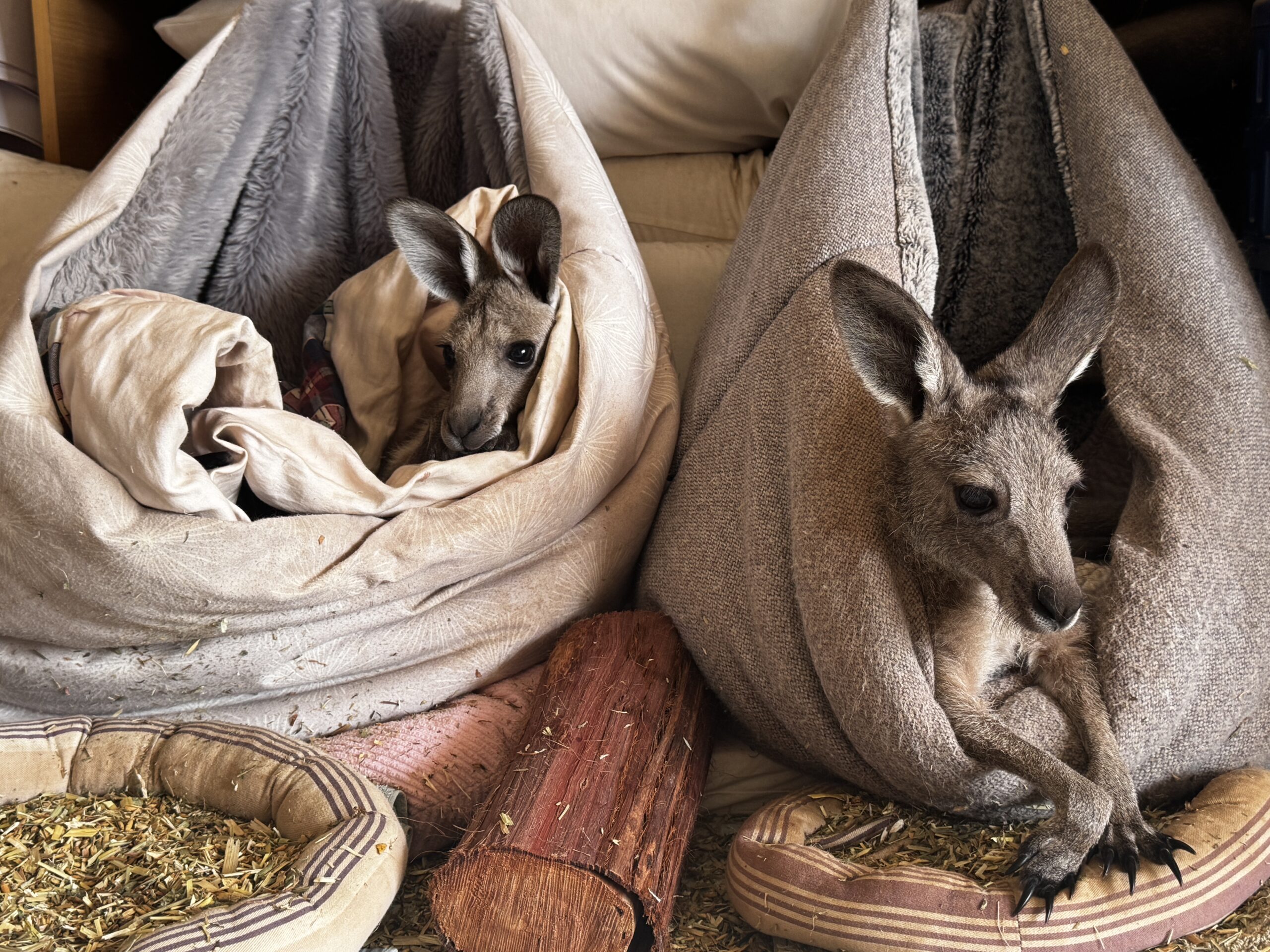Data on NSW licencing reveal the extent of Government-sanctioned destruction of native animals in the state | Conservation groups and wildlife carers to provide evidence of the extent of cruelty at inquiry into licensed killing SYDNEY (5 February, 2026)—Humane World for Animals Australia (previously Humane Society International Australia) will...
Humane Society International and its partners on the ground in Asia continue to save dogs and build the case for ending the entire, miserable dog and cat meat trade. Last week, Chinese animal protection groups in Beijing uncovered a horrific sight in an abandoned vegetable warehouse in Changping, a rural township on the city’s outskirts: unscrupulous dog meat traders were holding dozens of dogs, including four puppies, inside a filthy, decrepit shed. This was a dog collection depot for animals on their way to the dog meat trade.
The meat traders chained and caged the dogs in the shed, which was fouled with garbage and was a bait site for flies.
According to our partner organizations, many of the dogs displayed behaviors typical of household pets, indicating they could have been stolen. One dog, who had given birth to four puppies in a pit on the ground, was chained and could barely sit down in that pit to nurse her babies. The puppies huddled together in the dirt. The trader was so miserly and callous that he didn’t even offer the animals a few old newspapers or something else to give them some small comfort.

One dog had given birth to four puppies in a pit on the ground, and was chained making it difficult for her to sit in the pit to nurse her babies. Image: China Animal Protection Power
Beijing’s Capital Animal Welfare Association (CAWA), a member of the China Animal Protection Power (CAPP) coalition that had discovered the dogs, and a long-time partner of Humane Society International, reported the warehouse to Beijing police, who quickly intervened and confiscated the animals on August 12.
This depot, and others like it, serve as an integral link in the dog meat enterprise. From these depots, dogs go to the country’s major dog meat markets in South, Central, and Northeast China.
The closing of this depot is significant also because it reflects the emerging spirit of cooperation between Chinese authorities and animal activists working together to thwart dog meat traders and their largely illegal industry. Soon after the Beijing police helped close the depot last week, China’s public security ministry sent a report praising the action.

A dog rescued from the dog collection depot receives medical care at the Humane Society International rehabilitation facility. Image: China Animal Protection Power
So far, working with authorities, activists have rescued more than 4,000 dogs from trucks and markets. Just last month, CAPP assisted local groups with the rescue of more than 200 dogs from a truck in Hunan that was bound for the dog meat trade. Local law enforcement penalized the dog meat traders and handed all the rescued animals to the care of the activists.
Humane Society International, working with CAPP, has been leading a global campaign against the dog meat trade and particularly the Yulin dog meat festival. Over the past few years, meat traders have slaughtered many fewer dogs, and that is partly explained by the growing international criticism that surrounds the spectacle. In a letter to the director of CAWA, the Yulin municipal government agreed that the festival is not part of the city’s folk culture. “Consumption of dog meat…on the summer solstice day is at best the dietary habit of a small number of people in Yulin,” the letter said. Authorities also confirmed in that letter that highway checkpoints had been instituted, at CAWA’s request, to prevent inbound dog trucks.

Chinese authorities and animal activists are increasingly working together to thwart dog meat traders and their largely illegal industry. Image: China Animal Protection Power
Chinese authorities took the 26 dogs rescued from the dog collection depot and placed them in a rehabilitation facility that Humane Society International built in 2016, where they will be placed for adoption or, in case of any pet dogs who were stolen, reunited with their families where possible. While we cannot rescue every one of the millions of dogs caught up in the dog meat trade, we are encouraged and heartened by this growing interest from the Chinese authorities in working with animal protection groups who are trying to end it. Every rescue and every exposure of cruelty is one more hammer blow against the trade. With enough blows, this wall will topple. And dogs will be spared more misery and barbaric treatment.


